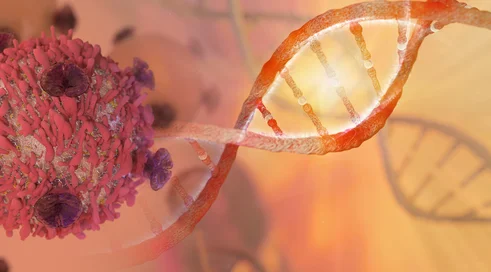It has been estimated that each person consumes on average up to 5 grams of microplastics per day present in water and food. This disturbing and shocking information has been verified in many research centers for many years. Researchers at the University of New Mexico (United States) have made another attempt to determine the impact of this type of pollution on the human digestive system. In the process, they discovered that microplastic particles can migrate from the intestines to other organs. They are also found on the skin, in hair, saliva and in fecal samples. Microplastic particles that are less than 0.1-5,000 microns in size have also been discovered in a newborn's first feces, known as meconium. This could be evidence that microplastics cross the blood-blood barrier.
Content locked
To gain access to the complete English section of the Medexpress.pl, kindly reach out to us at english@medexpress.pl.


















